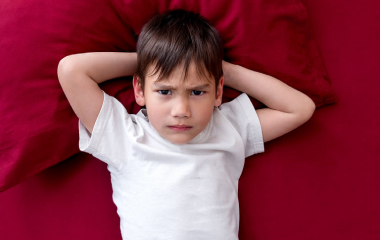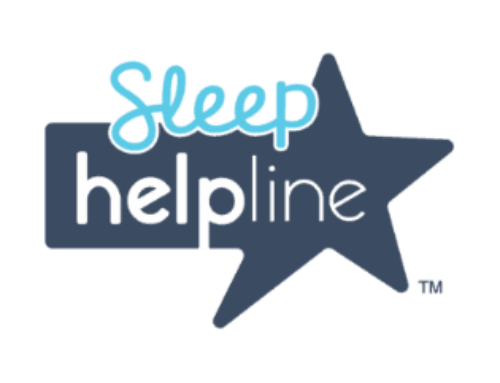Late bedtimes and overall poor sleeping habits can easily transform an A into an F for school-aged children. Sleep is perhaps the most important factor in academic success and healthy cognitive development. Lack of sleep can be disastrous for children, especially if they have attention deficit hyperactivity disorder.
A study in the March issue of the journal SLEEP reports the consequences from poor sleep can magnify the academic disadvantage facing children with ADHD. After staying up late for nearly an extra hour, children with ADHD lost the ability to remain vigilant and attentive.
A group of 11 children with ADHD and 32 kids without the childhood disorder were asked to eliminate nearly an hour of sleep for six consecutive nights, following a baseline period. Researchers monitored the children’s sleep patterns using wrist actigraphy.
Before and after the period of sleep-deprivation, each child took a common neurobehavioral test used in the evaluation of ADHD called a Continuous Performance Test. The children were presented single letters on a computer screen at three different rates and had to press a button in response.
Results show that children with ADHD who lost an average of 55 minutes of sleep per night had more errors and a slower reaction time in the test compared to children without the disorder.
The National Institute of Mental Health reports that ADHD affects about 3-5% of school-aged children, and is more common in boys than girls. Children with ADHD may be impatient, have trouble focusing and quickly become bored. They may daydream, have trouble sitting still or talk nonstop. For a child to be clinically diagnosed with ADHD, these symptoms must be present for at least six months. Sometimes mood disorders such as depression or other learning disabilities are mistaken for ADHD.
Lack of sleep can also lead to symptoms similar to ADHD in children. They respond to sleep loss differently than adults. Sleep-deprived adults may feel lethargic and have trouble staying awake, while sleep-deprived children can be hyperactive.
The AASM recommends school-aged children get 9-10 hours of sleep per night. Very young children may need as much as 14 hours of sleep for healthy cognitive development.





